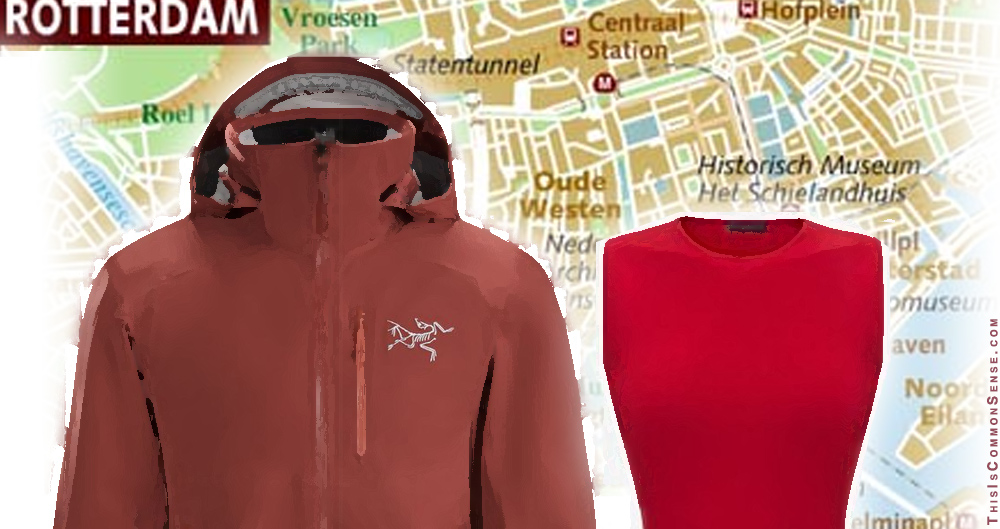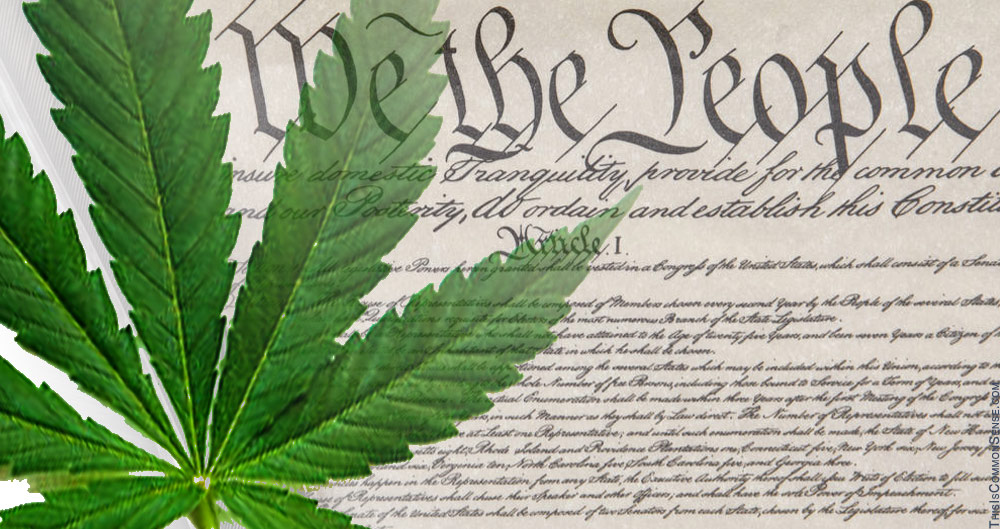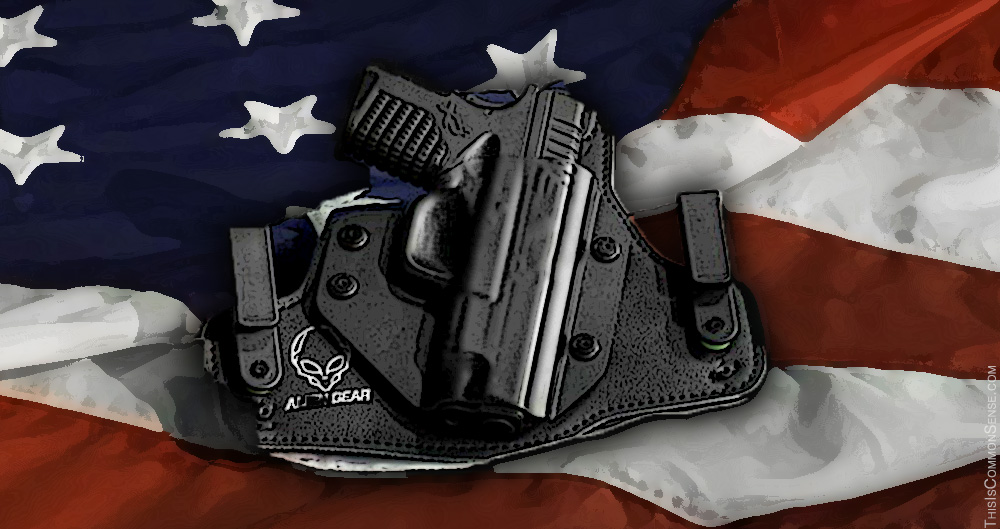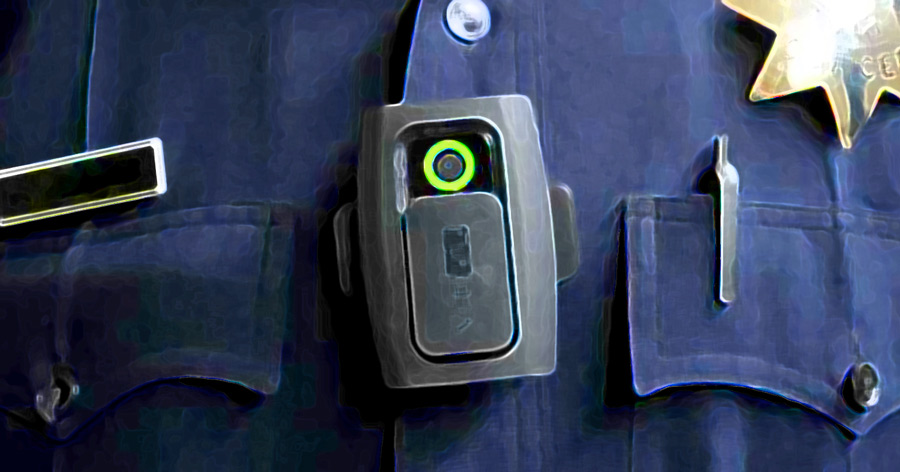Rotterdam police are gearing up for a new crime reduction scheme.
“They’ll soon begin a pilot program targeting young men in designer clothes that the police believe they couldn’t afford legally,” reports Quartz. “If it’s not clear how the person paid for the clothing, the police may confiscate it.”
A police spokesman for the Netherlands city confirmed both the test program and their confidence in their own clairvoyance, “We know they have clothes that are too expensive to wear with the money they get.”
Beyond the complete disregard for everyone’s basic rights, people worry the law will be applied discriminatorily against minorities. As one young resident warned, “Police won’t consider a white guy walking around in an expensive jacket to be a potential drug dealer. But it’ll be a different story with minorities.”
But surely the poor of all races will become suspects for the new “fashion police.”
“What is the next step if police start asking you how you got the clothes you are wearing,” Rotterdam lawyer Jaap Spigt queried DutchNews. “Will they soon be going through your home asking how you paid for your television or sofa?”
Thank goodness, I don’t live in Rotterdam.
Wait a second . . . the civil asset forfeiture policies at work right now in the U.S. permit police to take money and property — including clothing — without even charging a person with a crime. Simply taking stuff on the assertion of it being either involved in or the proceeds from criminal activity is precisely what’s happening in Rotterdam.
How long before Americans are stopped and partially stripped on the street by police who determine they are guilty of criminally overdressing sans trial?
At least, my poor fashion sense is trending up.
This is Common Sense. I’m Paul Jacob.










